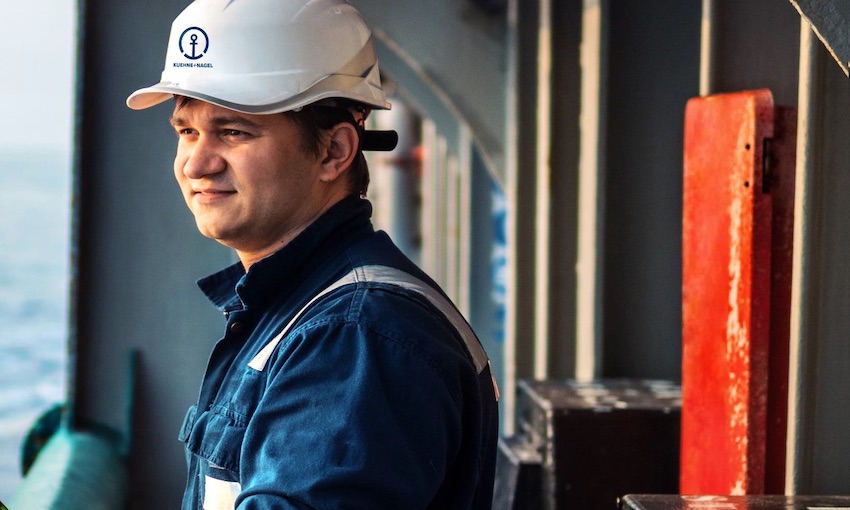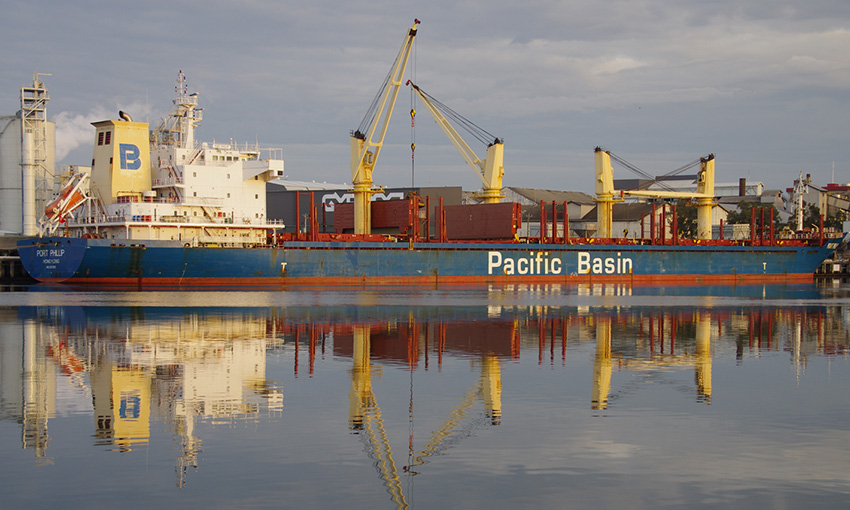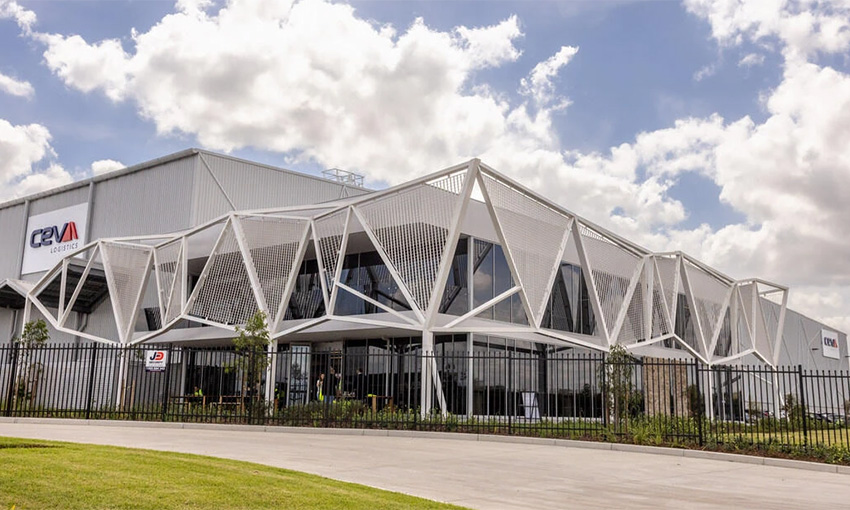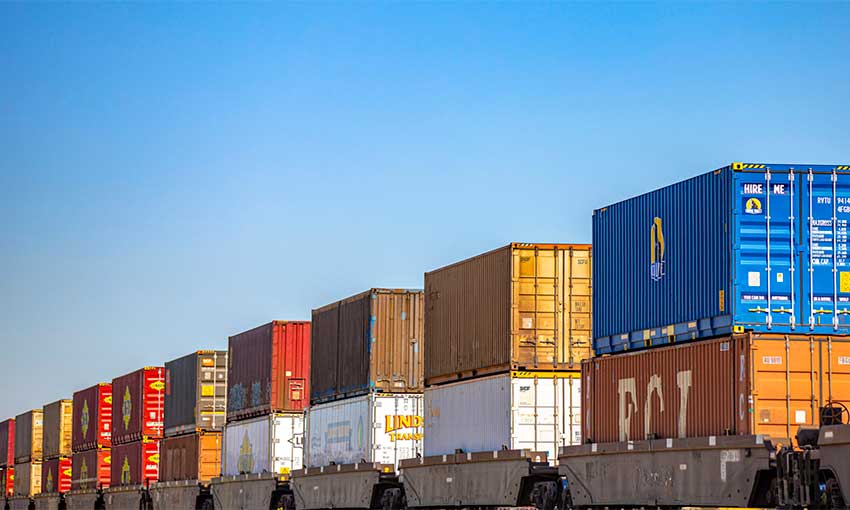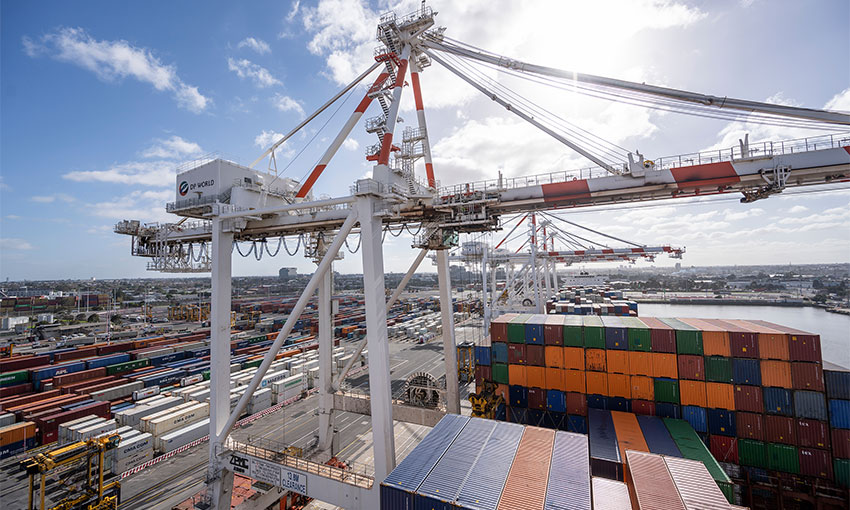TWENTY-twenty was a critical juncture for environmental consciousness, according to logistics company Kuehne+Nagel. Here are excerpts from its release providing insights into the value of partnerships in achieving carbon neutrality in logistics in the Asia-Pacific.
Last October, 200 of the world’s largest multinational companies committed to net zero emissions by 2050. Apart from household names like Shell, IKEA and Google, there were some Asian companies in the mix. Toyota and Sinopec were among these ranks, indicating a gradual push towards corporate decarbonisation in the region.
Since then, the imperative for green businesses in Asia has grown, with Asian governments introducing policies and incentives to drive mainstream adoption of sustainable approaches to consumption and production.
This is timely, given Asia looks set to outpace the rest of the world in terms of economic recovery. E-commerce in the region continues to soar, as does the demand for logistics operations.
Studies by McKinsey & Co have projected that Asia will account for 57% of the growth of the global e-commerce logistics market between 2020 and 2025.
Of course, all this comes with certain environmental costs. Both logistics companies and retail companies must watch their carbon footprint, particularly as the UN Climate Change Conference, COP26, looms ahead.
Governments and business leaders can expect intensifying pressure to go green when the event takes place in November – reflecting the surge in consumer interest in carbon reduction over recent years.
But carbon neutrality is a battle that no one entity can achieve on its own. To achieve real gains, businesses of all sizes must work with their business ecosystem and forge new partnerships with customers and suppliers to secure a sustainable future.
To that end, Kuehne+Nagel announced its Net Zero Carbon programme in 2019, aiming to address CO2 reduction in transport and logistics services. Since 2020, the company has been CO2 neutral worldwide for all its own, direct emissions. The Net Zero Carbon program offers further solutions to support customers in reducing their carbon footprint.
Already, Asian customers are seeing benefits to this program – Kuehne+Nagel has developed an integrated solution for automaker Honda to convert long-haul trucking to rail, offering consolidations and value-added services including recyclable container management. With this road-to-rail model, approximately 16,000 fewer tonnes of CO2 will be emitted on a yearly base, a reduction of 70% compared to the trucking model.
This is just one example of partnerships between logistics players and retail companies in Asia that will push the needle in meeting net-zero emissions goals in the long-haul.

